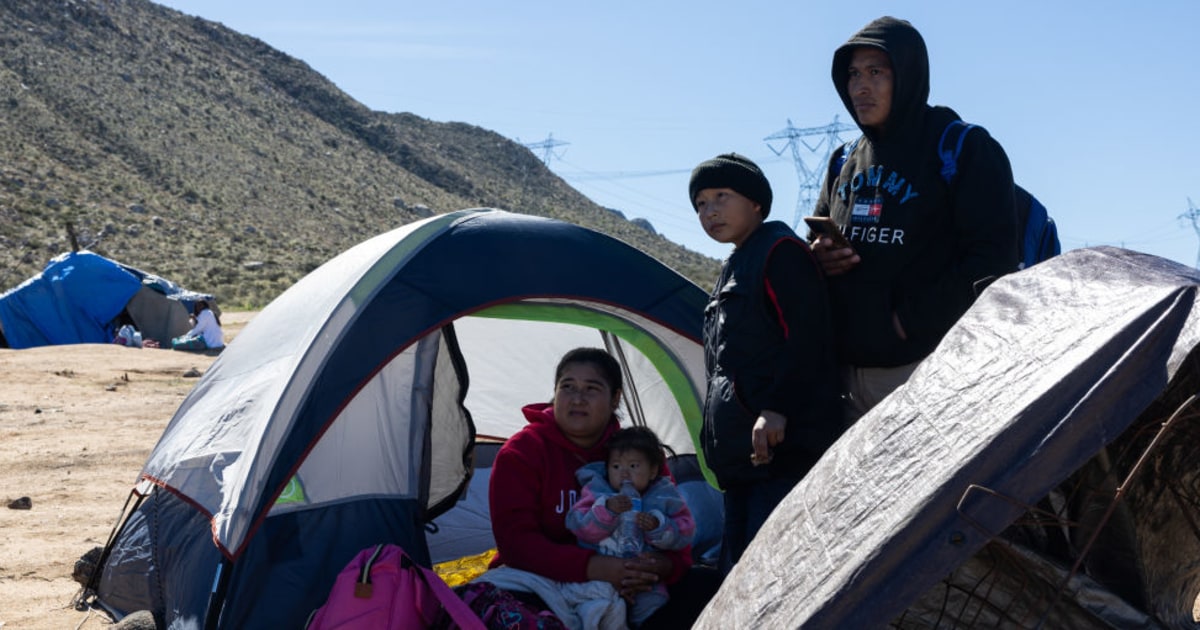Hungary, Poland, the Czech Republic and Slovakia staged their rejection of the migration plan presented by the European Commission the day before in Brussels on Thursday.
Although the proposal puts the accent on shielding borders and expediting expulsions, the prime ministers of the Visegrad bloc countries, very belligerent with immigration, warned the president of the Community Executive, Ursula von der Leyen, that your plan is insufficient.
The Twenty-seven start from very distant positions to reach an agreement.
It was no secret that the European migration plan was not going to satisfy everyone at the first chance.
Nor that Hungary, Poland, the Czech Republic and Slovakia, despite the gestures of Brussels, would be among the first to express their displeasure.
Less than 24 hours after learning about the community roadmap to end improvisation in the management of arrivals, the four Visegrad countries, the closest thing to a European anti-immigration axis, already have their diagnosis: more harshness is needed with the immigrants.
"They must be detained and returned to their countries to receive help there," Czech Prime Minister Andrej Babis said after meeting Ursula Von der Leyen in the Belgian capital.
The opinion of his Hungarian and Polish counterparts - that of Slovakia could not attend and delegated to Babis - is not far from the maximalist position of the Czech leader, who does not even want to hear about relocations in his territory, where as happens with his allies , the percentage of the immigrant population is well below the European average.
If someone in Brussels thought that waiving mandatory quotas and accelerating expulsions would be enough to add them to the pact, the first reactions do not support that thesis.
Although the Hungarian Viktor Orbán conceded that "the tone sounds better", he quickly distanced himself from the initiative, and asked that no refugee be allowed to set foot on European territory until a member state grants them asylum.
And that applications are processed in registration centers outside the EU.
The text is barely being digested by the capitals, so in Brussels the alarm is not spreading.
The Commission already discounted that in the early stages of the negotiation there would be objections from both the Visegrad countries and the front-line countries.
Spain, Italy, Greece and Malta, the main recipients, are in favor of a mandatory solidarity that the document does not include.
This only raises a solidarity to the letter by which the Twenty-seven can accept to host refugees with the right to asylum or help another country to return its irregular immigrants in exchange for money.
The European partners will address the issue at next week's summit, but the road to common ground still looks arduous.
Especially when the arrivals of irregular have plummeted 92% compared to 2015, and there is no sense of urgency that pushes the capitals to give in to their postulates, something that did happen in July with the reconstruction plan to deal with the pandemic.

/cloudfront-eu-central-1.images.arcpublishing.com/prisa/MGEWDK7KTZAPPLXVJYU4SDHU6A.jpg)



